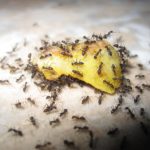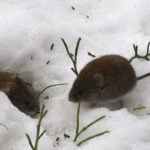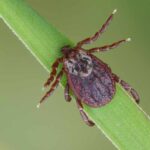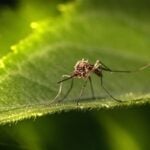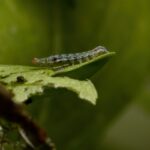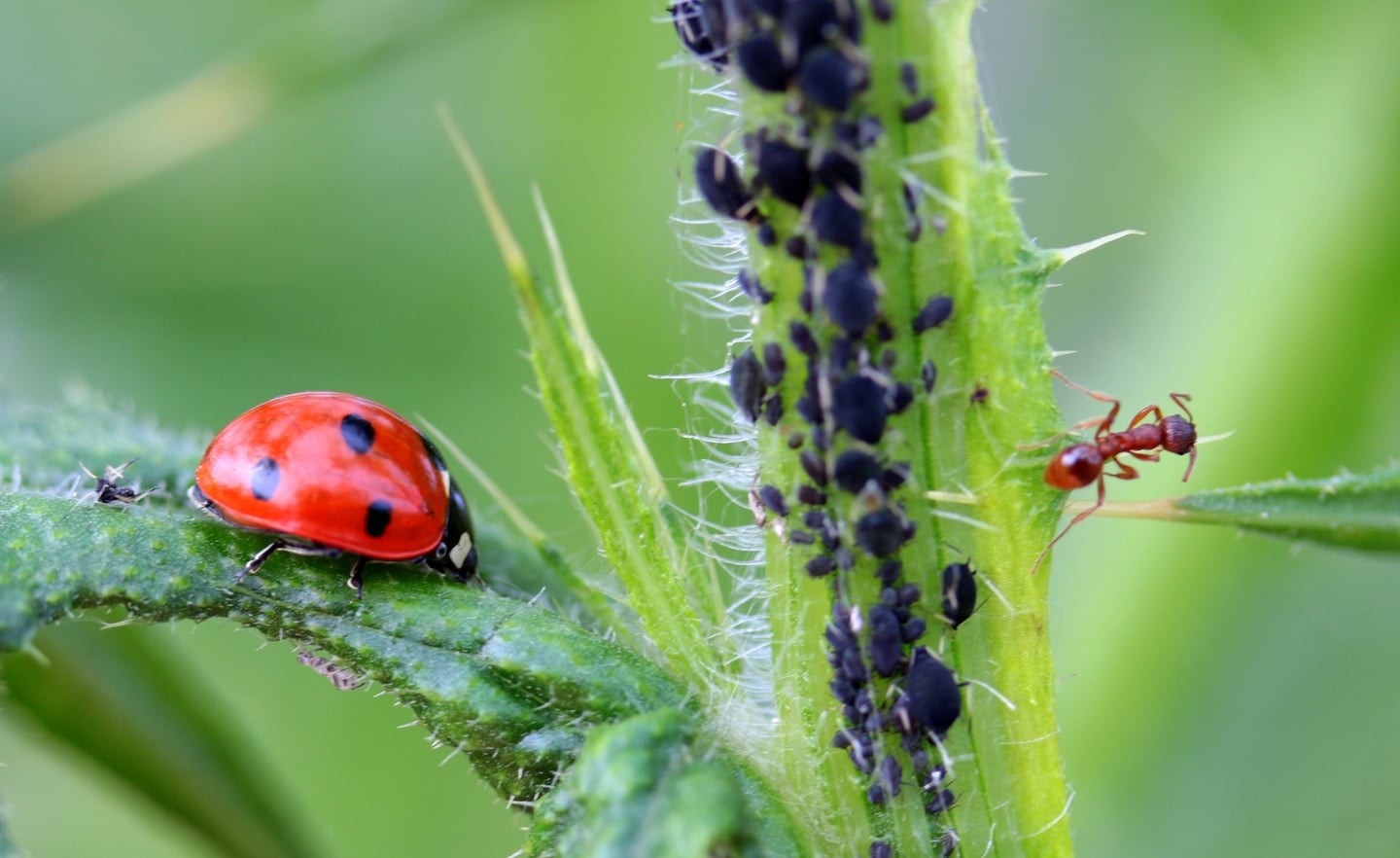
Toasty summers and mild winters make the “Big A” an ideal place for outdoor living and great gardening, but that humid subtropical climate can have a downside – nasty pests.

From ants to mosquitoes to cockroaches – nasty pets like to set up housekeeping in Atlanta.
As in other cities, pest control in Atlanta depended on chemical pesticides. But as we learn more about the environmental effects of these chemicals, it’s vital to find eco-friendly pest control solutions. Many pest control professionals now offer “green” solutions.
You can also take some DIY steps to deter unwanted visitors from your home and garden.
These solutions come with a warning from an expert. “The things you can do, most people don’t want to do,” says Dr. Brian Forschler, a professor of entomology at the University of Georgia. “Keeping pests away requires a commitment of time and effort that many are not willing to make.”
With that in mind, here are some steps to ward off unwanted pests:
Mosquitoes
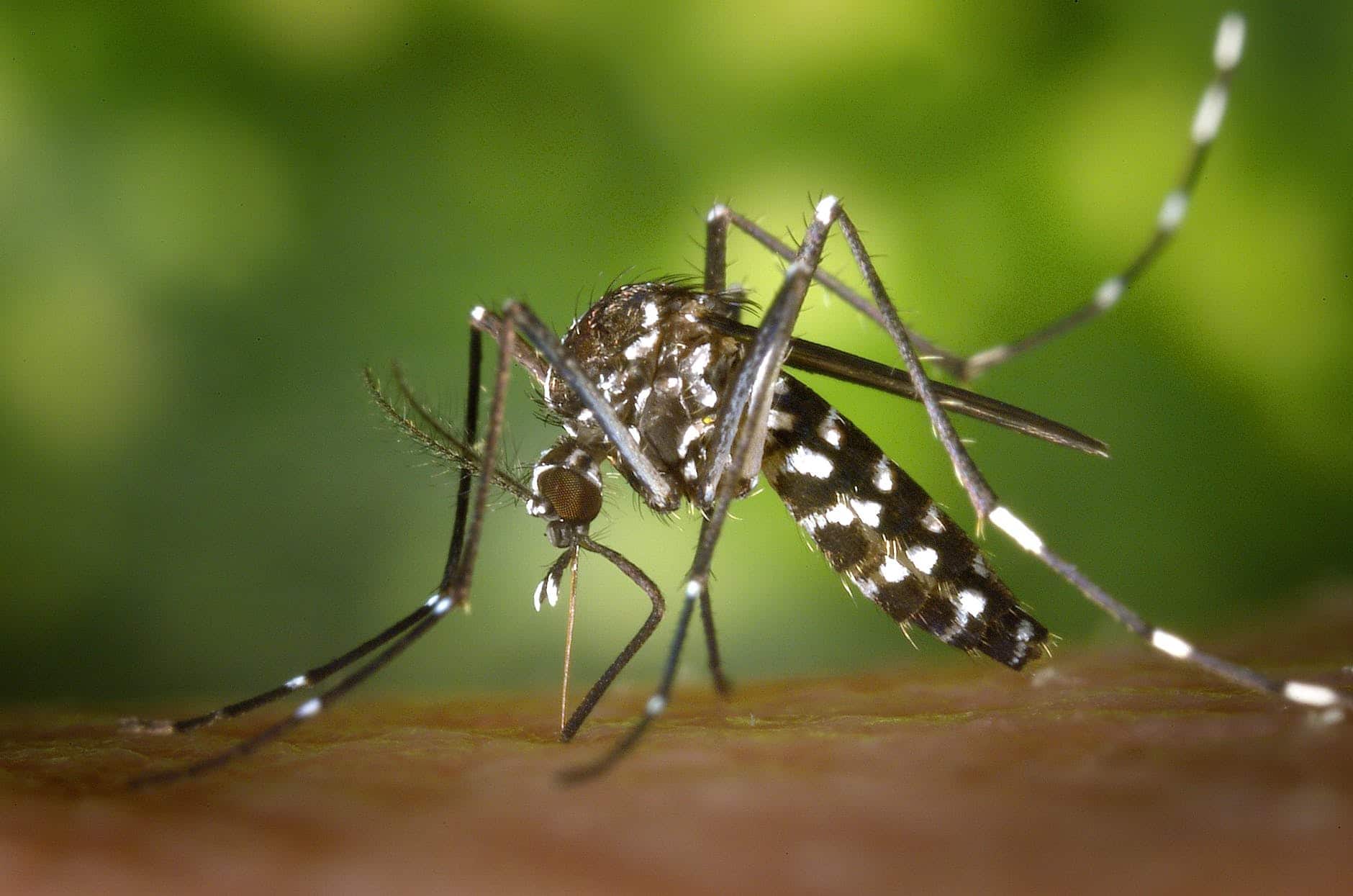
The best way to be free of these nasty little vampires is not to let them get a foothold. You’ve no doubt heard the warnings about standing, stagnant water and mosquitoes. Getting rid of it requires vigilance because a little rain or a sprinkler can bring the water right back.
Keep in mind mosquito larvae can grow in as little as a bottle cap full of water, so check all nooks and crevices. Wash out birdbaths every day or add an agitator. One often overlooked breeding ground is gutters that become out-of-sight mosquito magnets.
Use Bti Products
If it’s not possible to eliminate all standing water, treat it with a Bti product. Bti is a natural bacterium in soil that kills mosquito larvae. The Environmental Protection Agency has certified it as safe to use. You can find Bti products online, at nurseries, or in health stores.
Home Remedies
Some plants and herbs repel mosquitoes. One of the most highly touted is garlic. You can spread dried garlic granules where mosquitoes gather, or you’ll find recipes for garlic tea and sprays online. Herbs and plants such as mint, eucalyptus, vanilla, aloe vera, and citronella also ward off mosquitoes. These are repellents – they do not kill mosquitoes.
Ants
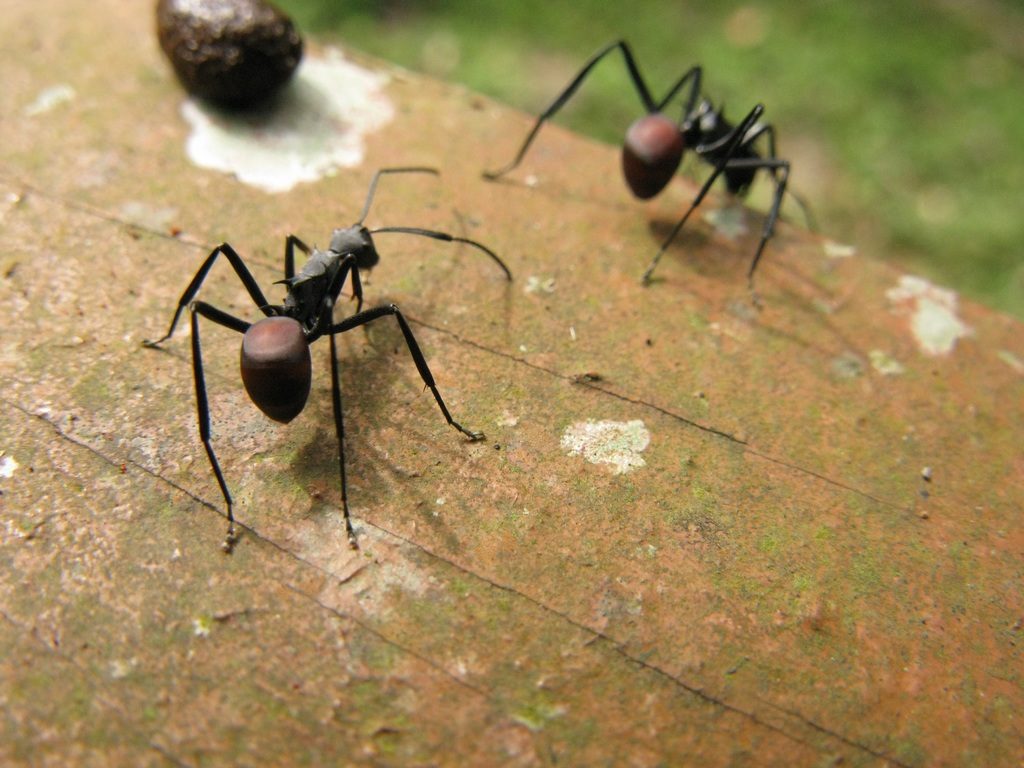
Georgia has hundreds of varieties of ants, but the ones that bug you are carpenter ants, Argentine ants, and fire ants. Carpenter and Argentine ants are a nuisance, but not aggressive to humans. The imported red fire ant is dangerous to people and animals and should be eliminated as quickly as possible. Consider calling in a pest control professional.
‘Safe’ Chemical Remedies
A couple of chemical treatments are deemed eco-friendly. One is borax. Mixed with a little confectioner’s sugar and water, you can sprinkle it near ant mounds and will kill the insects. But this may take a little while. Another is diatomaceous earth, which you can find at gardening stores. Sprinkle it where you see ants.
Home Remedies
Non-toxic ant repellents range from lemon juice to cinnamon, coffee grounds, and vinegar. Ants depend on scent to navigate, and these remedies disrupt their sense of smell and send them scurrying. It won’t kill them but may rid them from an infected area.
Fleas
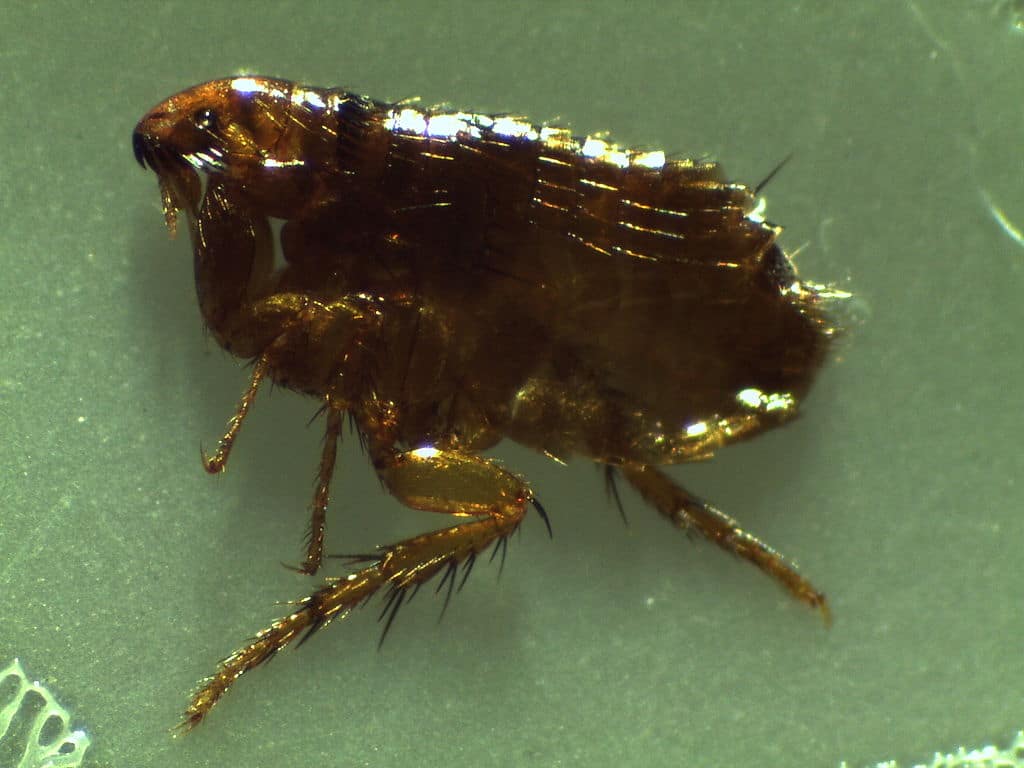
These tiny bloodsuckers are prevalent in warm months and travel from the yard into the house via pets or humans. Female fleas produce one egg per hour, so it doesn’t take long to get a severe infestation.
Treatment
Treatment for fleas is similar to that for ants. Borax and diatomaceous earth are relatively “safe” chemicals. Home remedies can include mixing dish soap and water into bowls and leaving them in infested rooms. A spray consisting of water, vinegar, lemon juice, and witch hazel can also help.
How to get rid of fleas in your yard: Eco-friendly yard treatments include nematodes, which are microscopic worms that feed on flea eggs. You’ll find nematodes at garden centers. Cedar chips or cedarwood essential oil is also effective.
Prevention
The best defense against fleas is cleaning. Wash pet bedding and vacuum often. Dusting rugs and carpets with baking soda before vacuuming can help. Forschler says the most effective method is radical: “Get rid of carpeting,” he advises.
Cockroaches
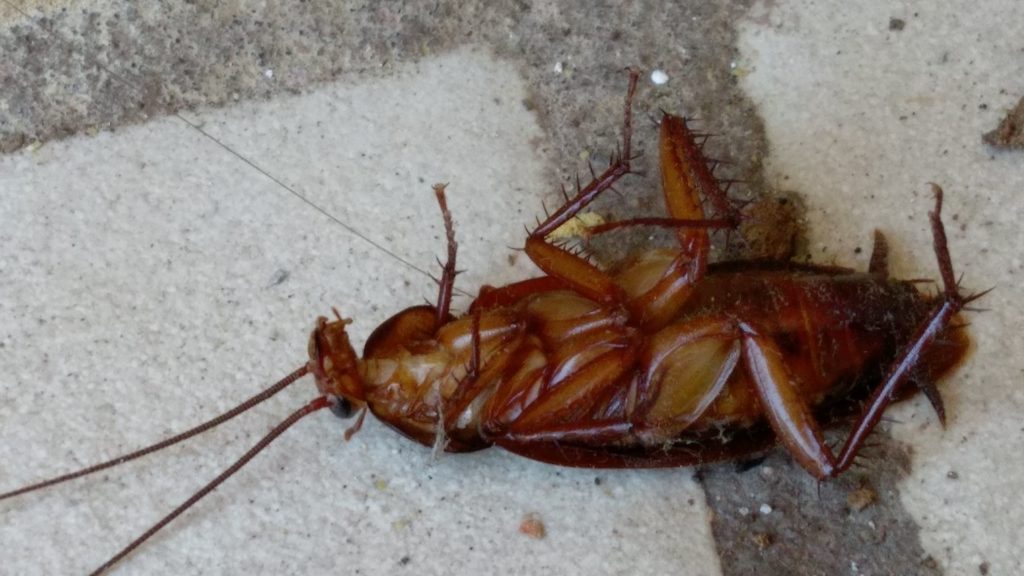
These large insects are possibly the most repugnant to people. They can spread diseases anywhere they walk. Most are nocturnal and seek out food in a darkened kitchen.
How to get rid of cockroaches?
Commercial Remedies
Sticky traps, like flytraps, will get rid of some cockroaches without harmful chemicals.
Home Remedies
Borax sprinkled in areas the insects inhabit can kill them. A container partially filled with a mixture of cooking oil and water and using a particle of food as bait can also be effective. The insect will crawl in but can’t get out.
Forschler emphasizes eco-friendly insect control requires constant vigilance. He points out some insects repeat their life cycles every four days, so occasional treatment won’t work.
And a treatment that works for one pest may not work for others. “Everyone wants some magic pixie dust to cure the problem, but it doesn’t exist,” Forschler says.
